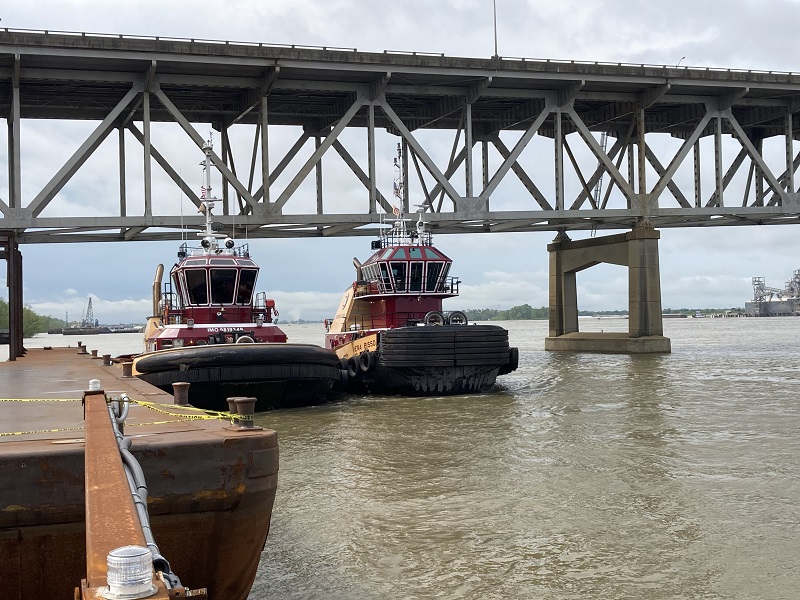The LSU College of the Coast & Environment Celebrates World Oceans Day 2021
June 03, 2021
The United Nations has designated June 8, 2021, as World Oceans Day, a time to celebrate our oceans and raise awareness of the current challenges they face. While the world celebrates the oceans on this special day, the LSU College of the Coast & Environment, or CC&E, works every day to provide exceptional insights into our oceans that transform research and education on a global stage. Using tools such as predictive models, GIS, remote sensing, and marine and coastal monitoring stations, CC&E advances knowledge about:

- Ocean observations
- Coastal land loss
- Coastal meteorology
- Coastal restoration
- Ecosystem health
- Sediment transport
- Shoreline changes
- And more!
The following is a snapshot of a few of the ways that CC&E research is helping to
advance knowledge about our oceans.
- Scientists use field measurements from satellites and monitoring stations in the ocean to observe current conditions, forecast near-term conditions and predict long-term implications of the changing environment.
- Biological oceanographers study native and invasive animals to better understand their ecology and determine ways to reduce the risk of nonindigenous aquatic organisms released into the marine environment.
- Biological oceanographers also research red tides, or harmful algal blooms, to better manage and control native and invasive species of algae.
- Geological oceanographers study the changes in the coastline including the supply and movement of sediment.
 Physical oceanographers study waves, sea level, salinity, movement of ocean currents
by tide and wind, and the water itself.
Physical oceanographers study waves, sea level, salinity, movement of ocean currents
by tide and wind, and the water itself.
- Coastal meteorologists advance knowledge about the atmospheric processes that drive changes to the coastal landscape.
- Toxicologists use knowledge of chemical, physical, and environmental hazards, including oil spills, to study the effect of these hazards on people and marine life.
- Experts track oil releases, monitor oil containments, analyze chemicals to determine toxicity and degradation, recommend avenues for remediation and restoration, and determine ecological effects.
- Modelers use super-computers to predict the environmental impact of climate change and extreme weather events on waters, sediments, nutrients, and carbon in the ocean.
View our interactive Global Impact Map and check out all our labs and research facilities to learn more about how the College of the Coast & Environment is at the heart of efforts to protect the world’s oceans as well as the lives and livelihoods of coastal communities.
